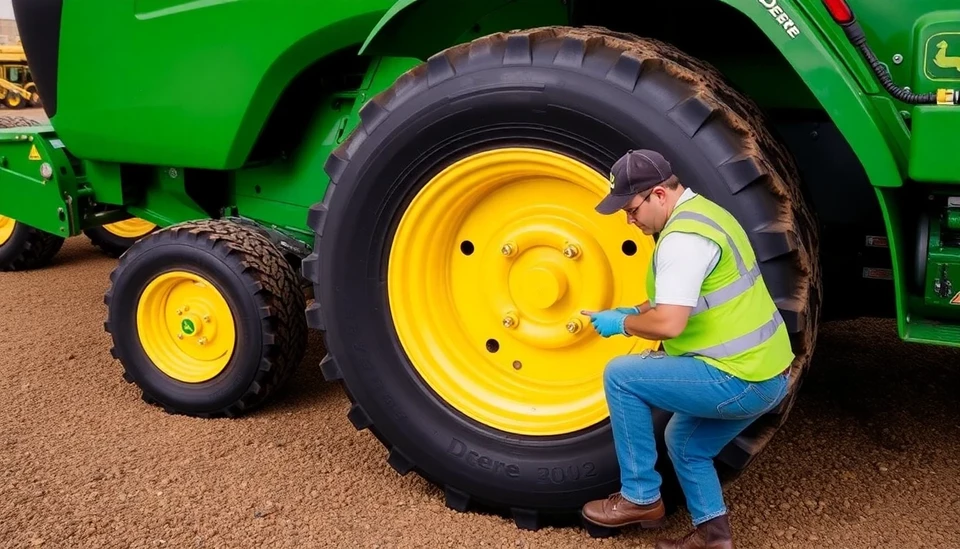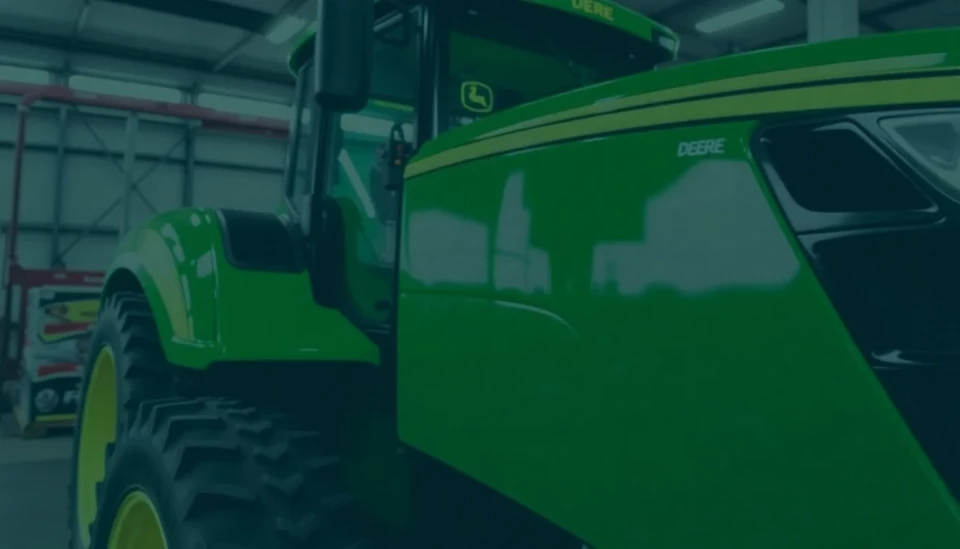
In a significant stride towards innovation, Deere & Co. has announced its expansion of driverless technology beyond the confines of the Midwest farms. The agriculture giant is actively rolling out its autonomous machinery in a bid to tackle the ongoing labor shortage that has been afflicting the agricultural sector. This move not only highlights Deere’s commitment to leading the charge in agricultural technology but also showcases the urgent need for solutions amidst a growing workforce crisis.
The decision comes at a time when farmers are grappling with the dual challenge of labor shortages and increasing demands for food production. Many farmers have voiced their struggles in finding enough hands to tend to their crops, a situation exacerbated by the pandemic and shifting demographic trends away from farming careers. As a response to these pressing issues, Deere's advanced machinery includes automated tractors and machines capable of completing tasks with minimal human intervention.
Deere's foray into the realm of automation has garnered attention as the company seeks to enhance farming efficiency without compromising productivity. The driverless tractors, which have been in development for several years, are equipped with cutting-edge technology that allows them to navigate fields autonomously, mapping routes and avoiding obstacles with precision. This technology promises to not only improve the quality of work but also free farmers from some of the grueling physical demands of operating heavy machinery.
The expansion initiative is not limited to small-scale farms; Deere is setting its sights on larger operations, where labor shortages have proven to be even more pronounced. By integrating this driverless technology, large farming businesses can optimize their operations while significantly reducing the reliance on a dwindling workforce. This shift towards automation is increasingly viewed as a necessary evolution in an industry that faces mounting pressure from economic and environmental factors.
Deere has made it clear that its goal is not to fully replace human workers but to complement their efforts. By empowering farmers with high-tech tools, the company aspires to enhance productivity while allowing existing employees to focus on more complex tasks that require human judgment and expertise. This dual approach of utilizing technology while valuing human contributions is expected to set a new standard in the agricultural sector.
The transition to driverless technology has received a mixed response from various stakeholders. While many in the farming community recognize the necessity of such advancements, concerns linger regarding the potential displacement of workers. Deere faces the challenge of reassuring its customers and the broader agricultural community that automation will serve as an enhancement rather than a complete replacement for traditional farming methods.
The implications of Deere's expansion into driverless agriculture extend beyond individual farms. This technological advancement signifies a broader transformation in the agricultural industry, paving the way for other companies to explore similar innovations. As agricultural practices continue to evolve, it remains essential for the sector to adapt to the changing landscape shaped by technology, labor dynamics, and economic pressures.
Looking forward, Deere & Co. is poised to play a pivotal role in shaping the future of farming through its commitment to innovation and automation. The company’s proactive stance in addressing labor shortages could serve as a roadmap for other industries facing similar challenges. In an era where technology is rapidly revolutionizing traditional sectors, Deere’s journey into automation stands as a beacon of hope for farmers striving to maintain productivity in an increasingly complex world.
#Deere #Automation #Agriculture #LaborShortage #DriverlessTractors #FarmingInnovation
Author: John Harris

